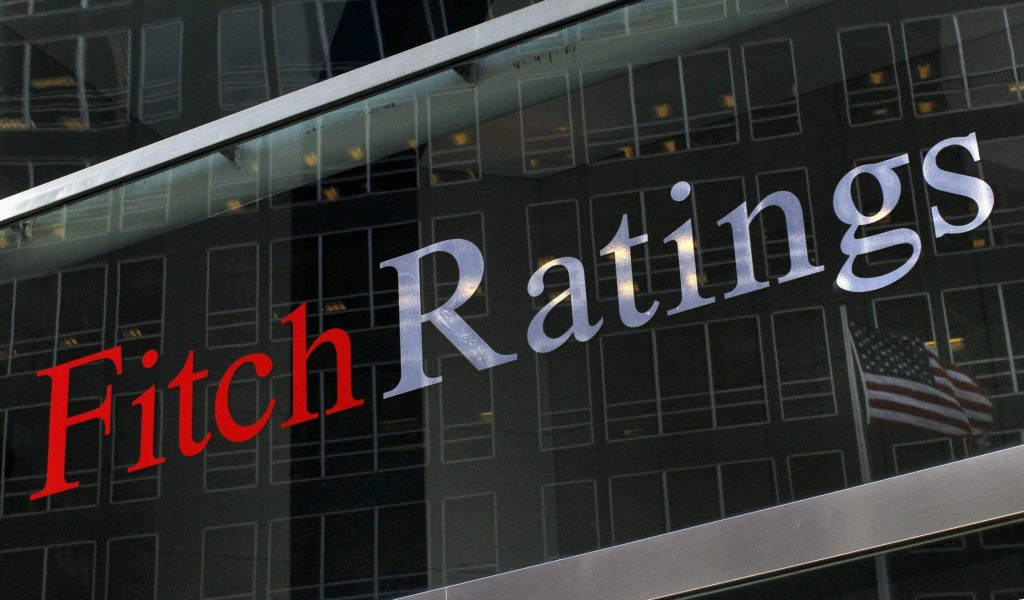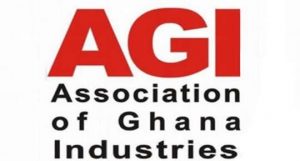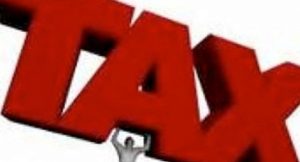Banking and corporate governance consultant, Dr. Richmond Atuahene, has attributed the downgrade of three domestic banks by Fitch Ratings agency to the overall economic performance of the country.
He explains that the overdependence on government bonds and bills which has been underperforming for some time now has put them in this state.
On August 22, Fitch Ratings agency downgraded three Ghanaian banks to junk a few weeks after downgrading the country’s Long-Term Issuer Default Rating (IDR) to CCC from B-.
The agency announced the downgrade of Ecobank Ghana Limited’s, Guaranty Trust Bank (Ghana) Limited’s and UBA Ghana Limited’s Viability Ratings from B- to CCC.
Banking and corporate governance consultant, Dr. Richmond Atuahene, speaking to Citi Business News on this development explained that the overdependence on underperforming government bonds and bills caused the downgrade of the banks.
“When a country is downgraded, any bond or bill issued by the government too is downgraded. This means that these banks were deriving income from the bonds but the three banks had a lot of concentration in the government bonds and bills. So when the country is downgraded, definitely the investment too will have to be downgraded and that means that should government default in paying the debt, it would affect the balance sheet of the three banks.”
“So literally, it reflects on the concentration of their operation on the government bonds and bills which they derive a lot of revenue from. So if the government itself or the Bank of Ghana bonds have been downgraded, literally, internationally, it means that the returns on the bonds will also be downgraded if the government is not able to pay the interest on the bonds.”
Dr. Atuahene further shared the opinion that the downgrade will not affect the patronage of the banks.
“It depends on information asymmetry. A lot of Ghanaians do not know the ramification of this downgrading and the possible defaults of the bills. If a lot of us were consciously aware, then it could have affected the confidence in the system. But information asymmetry in Ghana is very high.”
He continued, “How many of us actually read about the literature I’m talking about? A lot of information asymmetry does not make us know much about what is going on so that would actually not affect the banking system.”
In the recent rating, Fitch affirmed the Shareholder Support Ratings (SSRs) of Ecobank Ghana at CCC+ and of GTB Ghana and UBA Ghana at B-.
Furthermore, Fitch downgraded the Long-Term IDR of Ecobank Ghana to CCC+ from B- while those of GTB Ghana and UBA Ghana have been affirmed at ‘B-‘. The Outlook on the Long-Term IDRs is Stable.
Fitch has simultaneously withdrawn Ecobank Ghana’s ratings for commercial reasons and will no longer provide ratings and analytical coverage for Ecobank Ghana.






